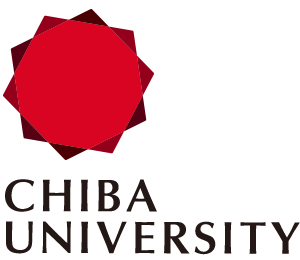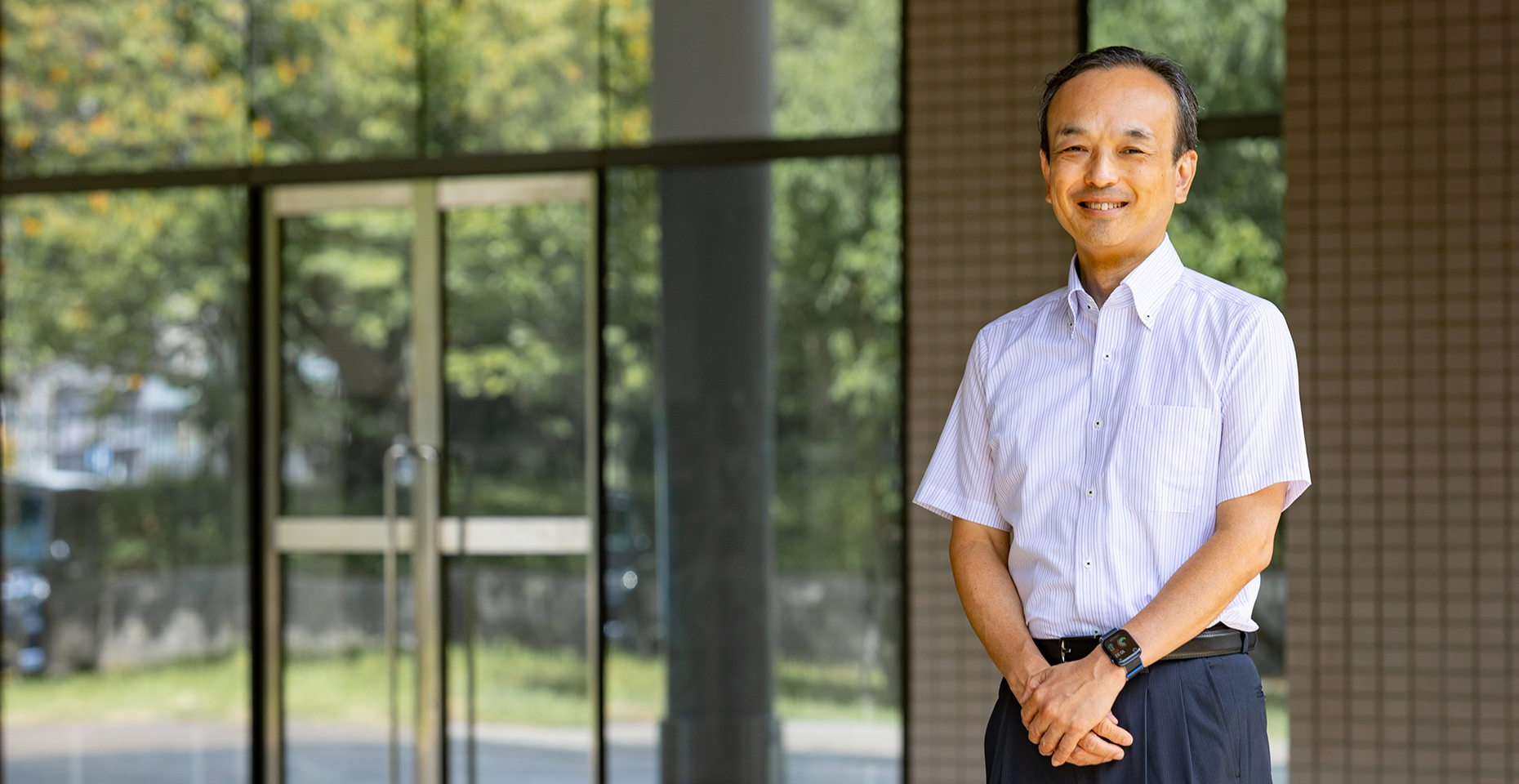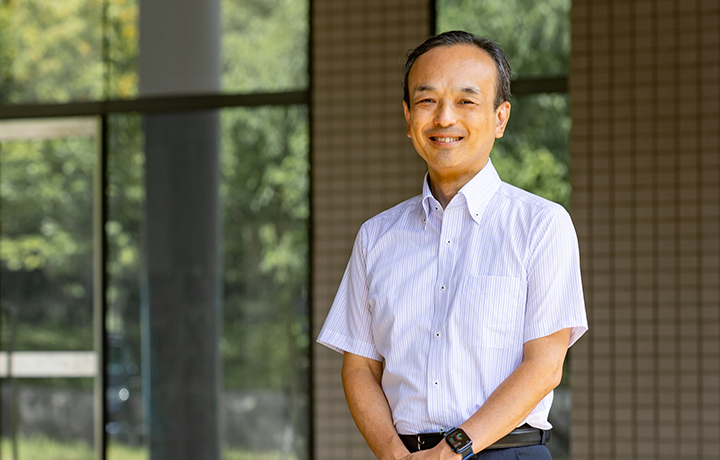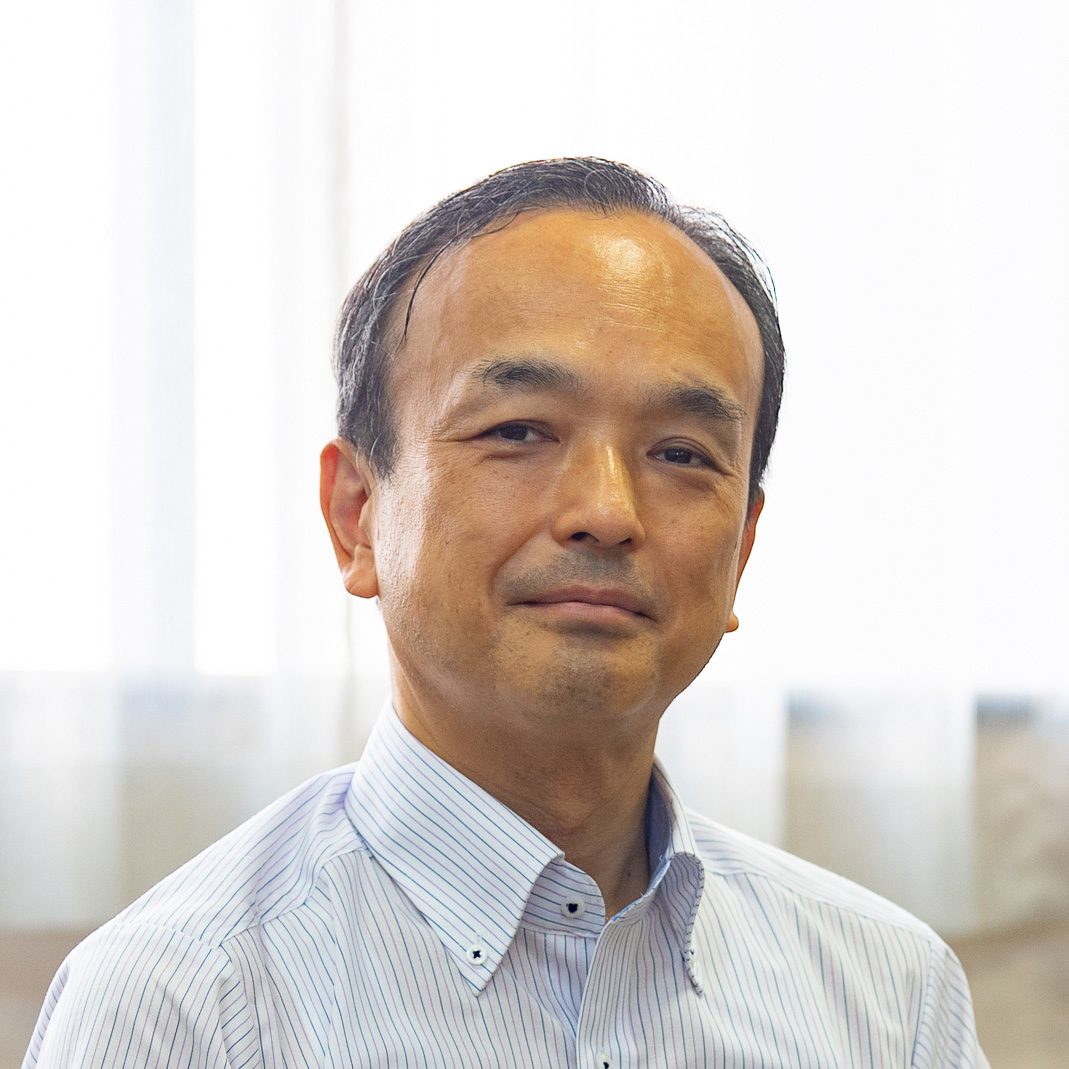The Children and Families Agency (Kodomo Katei Chou) will be established in April 2023. We spoke with Professor Daisuke Fujikawa of the Faculty of Education, who also serves as Principal of the Junior High School affiliated with the Faculty of Education, Chiba University, to ask him about the reasons for the revision of the childcare support system. We also discussed what teachers think about and how teachers are facing issues in current educational settings.
Expected roles of the Children and Families Agency
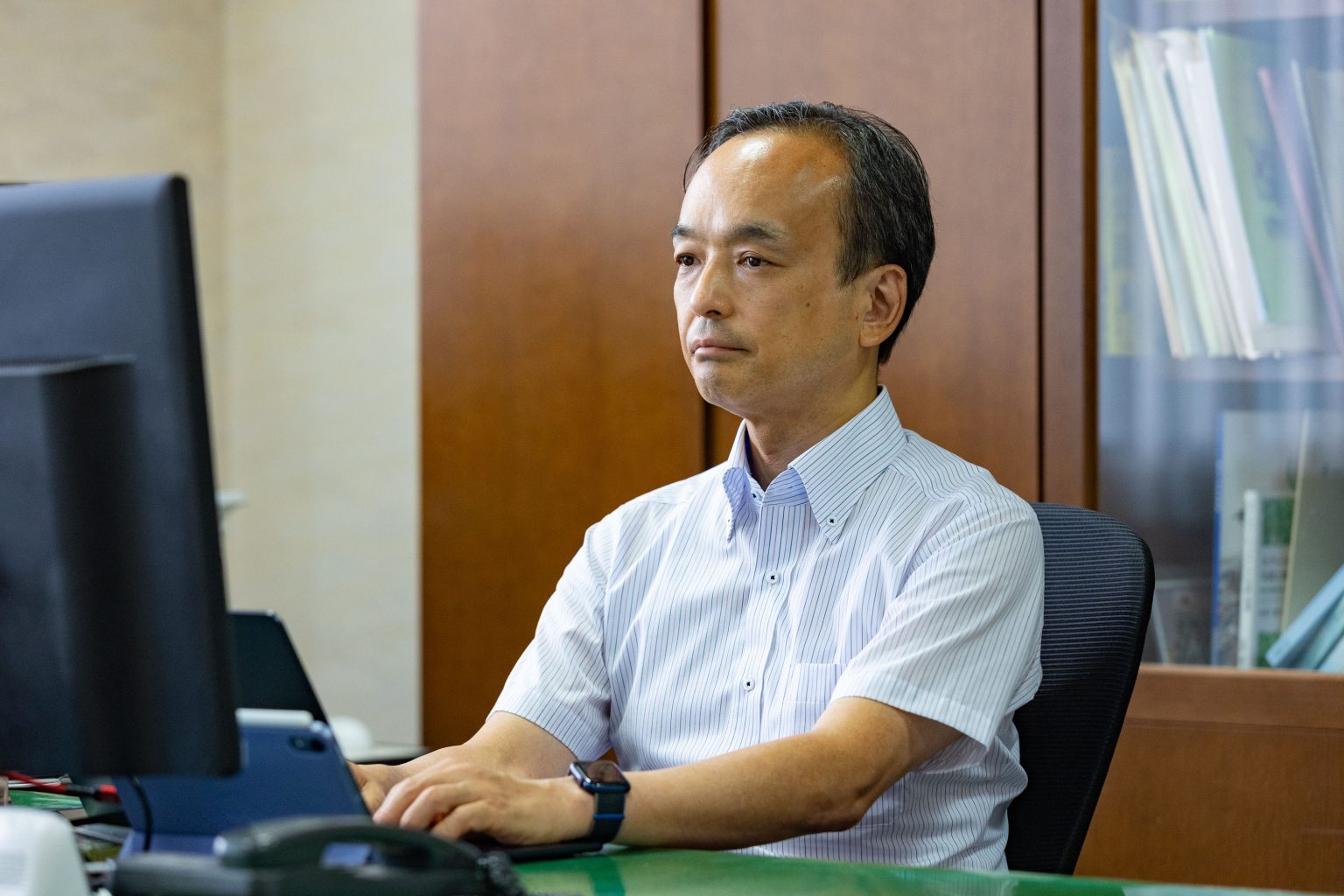
First, tell us about the background for creating a new Children and Families Agency.
Japan’s low birthrate was first considered a problem in 1990, and various engagements have been undertaken since then to combat this issue. Nevertheless, the low birthrate has persisted without improvement, and the number of children—that is, those who will forge the future—has continued to decline. Meanwhile, children are facing many problems that were not of concern before, including child poverty and the problem of so-called “young carers”—children who take on the burden of caring for their relatives. Further, as represented by the fact that different authorities are in charge of kindergartens, day nurseries, and certified childcare centers, child affairs are increasingly becoming scattered among a variety of government agencies, with each mostly working independently. It is thus becoming more and more apparent that insufficient support is being provided for child education and care.
Thus, all of these issues are being brought together under a single government agency to ensure that support reaches each and every child directly. So, the Children and Families Agency is being established to ensure that all children can live and grow in health and security.
What kind of problems can we expect to see resolved with the creation of the Children and Families Agency?
For this Agency, the definition of “children” is not based on age but includes the entire growth process starting from pre-pregnancy through to adolescence. One example is the system to be established for children with a disability, which will provide seamless support in all necessary domains, including medical care, therapeutic intervention, education, and social welfare. We can thus expect the realization of a society where no individual is neglected or left behind.
Due to bureaucratic sectionalism, there has been no systemic sharing of information regarding child abuse. Meanwhile, school bullying remains many problems despite the efforts of the Ministry of Education, Culture, Sports, Science and Technology. With the new Agency, we can expect to see improvements in these issues.
Significant changes on the education front in the last 30 years.
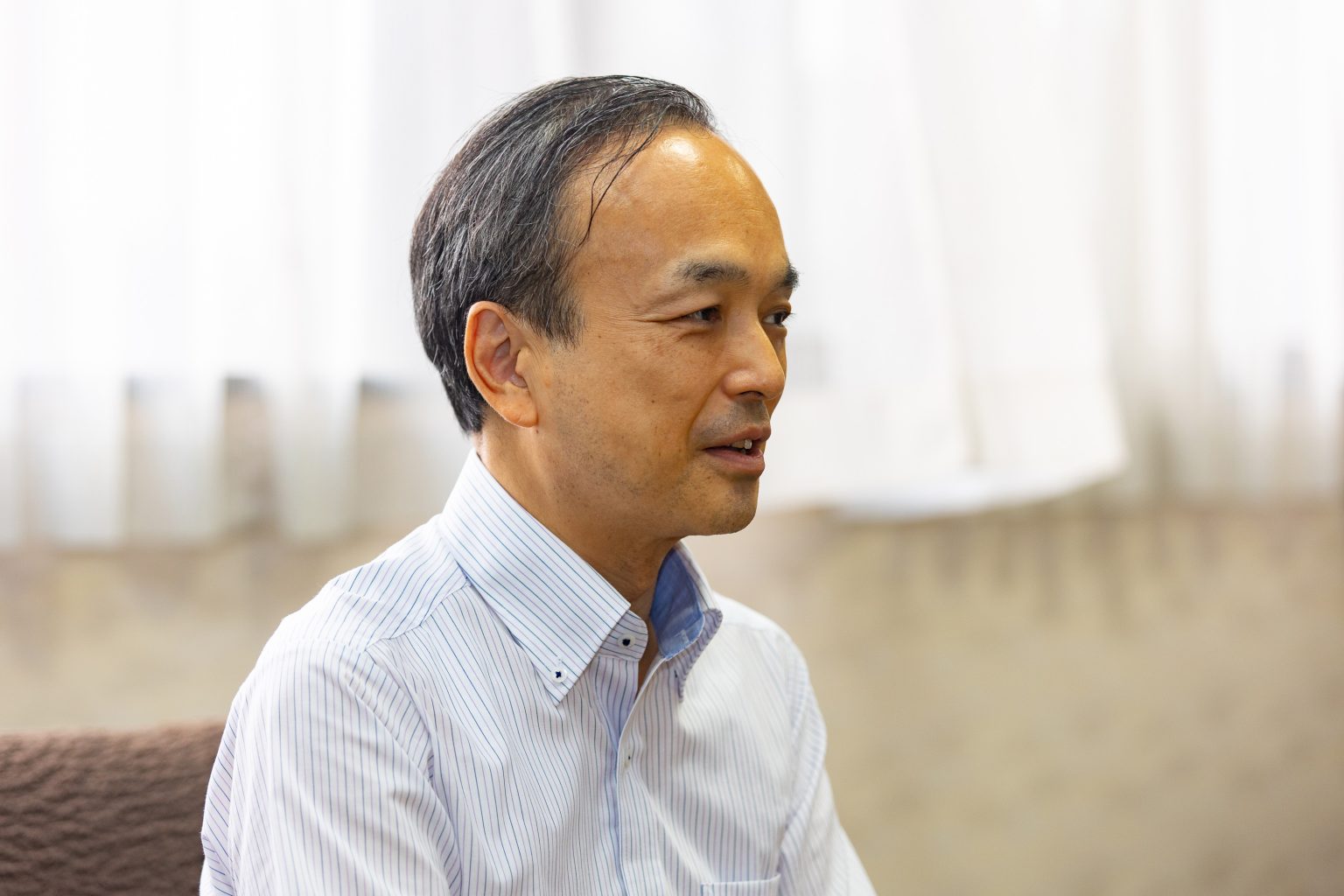
You have been studying “Education” for the last 30 years or so. What inspired you to enter the world of Education?
I started with social education for disabled children and adults. In 1984, I joined a university volunteer club as an undergraduate student in Human Sciences I* at the University of Tokyo. We made regular visits to the community workshop for persons with intellectual disabilities in Musashino City. We were in charge of organizing social education activities on Saturdays. The Japanese government made mandatory school education for children with disabilities in 1979. Until then, children with intellectual or physical disabilities tended to be “deferred or exempted” from education. The new system essentially enabled such children to receive school education.
*With the Human Sciences I course at the University of Tokyo, in principle, a third-year student enters the Faculty of Law to study either law or political science.
Back in 1979, the national government did not provide sufficient employment support for adults with disabilities. The private sector took up some of this support. In that period, while serving as volunteers at the non-accredited community workshop, we planned and implemented a variety of services as social education activities. We performed these activities—making udon noodles together, putting on stage plays, and so on—with consideration for the extent and characteristics of each individual’s disability.To use terms currently in fashion, we were providing, simultaneously, “Collaborative Education” and “Personalized Learning.”
I really had fun planning and carrying out our activities with the cooperation of the local community while thinking of each participant and putting a lot of thought into what would be the most enjoyable way for them to learn new things. From these experiences, I became interested in the Development of Lessons, that is, the development of new teaching styles and practices, along with new educational methods. So, from my third year as an undergraduate, I joined the Faculty of Education instead of the Faculty of Law, where I performed practical research on education, a field of study I have pursued till now.
It seems that the volunteer activities of your youth had a major impact on your life. Have you seen any big changes occurring over the past 30 years?
Well, one of these was the issue of education for children with disabilities 30 years ago, when the focus was on intellectual and physical disabilities. In recent years, the spotlight has been on Developmental Disorders. The term itself, “Developmental Disorders,” was unheard of 30 years ago. There was no common understanding in educational institutions regarding restless or overactive children, or about children who stay silent, without almost ever speaking.
As we gradually learn more about Developmental Disorders, we have changed—and I include myself here—to become more aware of the need for more careful and detailed education, as well as of classroom structure and organization.
Other problems that have surfaced have included poverty, abuse, and the issue of “young carers.” Researchers in the Faculty of Education and other departments here at Chiba University are also moving forward in related fields of research.
Other big changes have followed the introduction of computers in schools, as information technologies (IT) began advancing rapidly in the first decade of the 2000s. Not only has IT been actively used in classrooms, but teachers have started to enjoy mutual exchanges with teachers from other schools on social networking services (SNS). This has triggered improvements in how schools are run, and how teachers work. This has further been linked to changes in unreasonably strict school rules, and reduced working hours, as teachers have always been required to spend long hours at school, including in student club activities.
Study group to keep up with social currents and trends
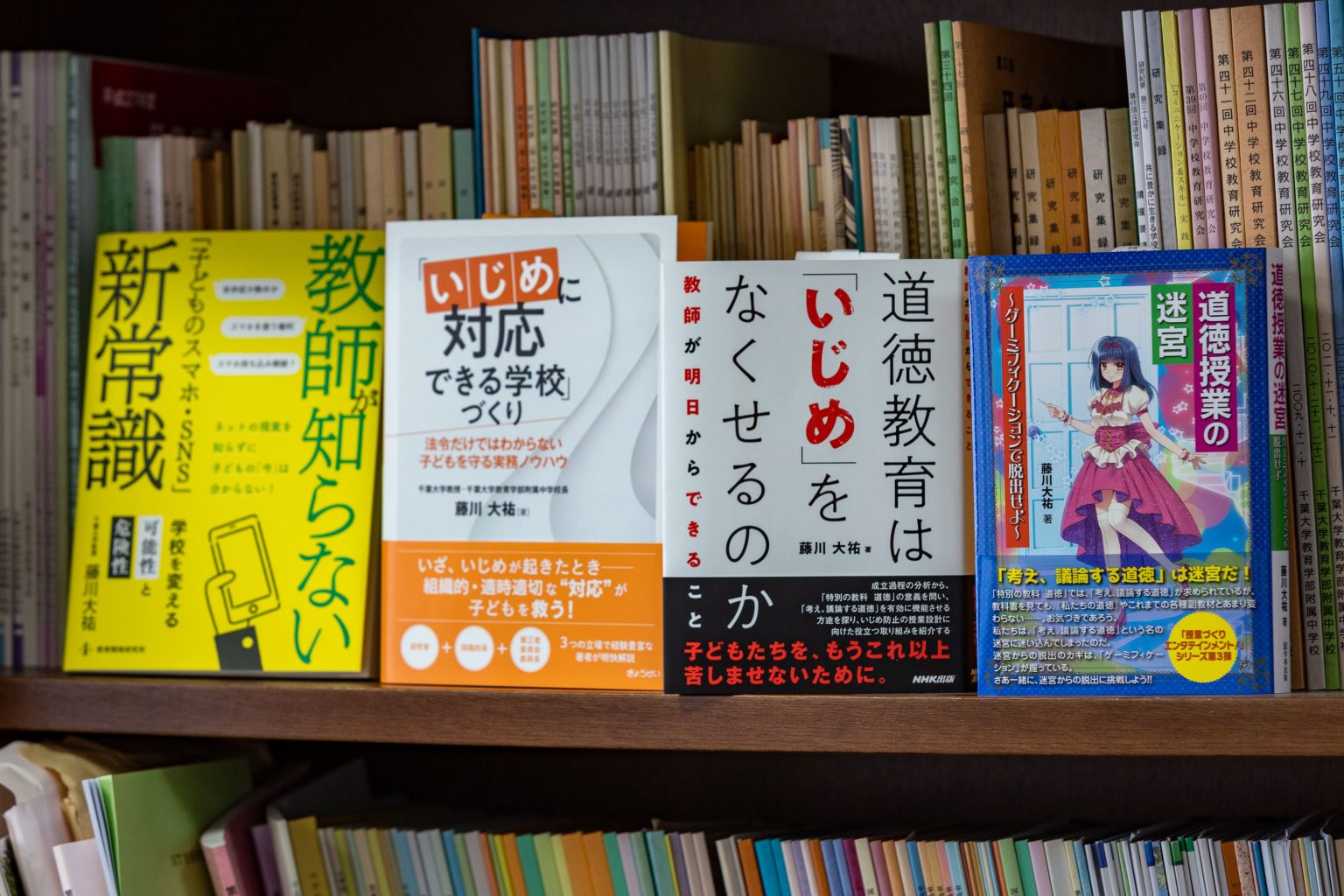
Your writings, books, and edited works cover timely topics. These include peer pressure, COVID-19 bullying, gender, and sexual diversity, and other issues faced by children and young people. How do you keep up with current issues?
In itself, the educational world tends to be very closed and narrow, comprised of just teachers and students. That can often delay our responses to real-world social issues and problems. One strategy I use to combat isolation is to meet once a month in the Chiba Lesson Development Study Group. There, we learn about a broad range of social issues with invited lecturers. You might call this my “lifework,” as I have already organized such events more than 150 times.
So, the Chiba Classroom Teaching Development Study Group has met more than 150 times! What are some of the most recent themes you have discussed there?
With the Russian-Ukraine War in 2022, we selected themes related to the international situation. Examples include Japan’s role in the international community, and how best to communicate to youngsters the tense international situation. Our discussion included presentations from Editorial Committee members of the Asahi Shimbun (one of the Big Five national newspapers in Japan) and the Japan International Cooperation Agency (JICA).
We live in an era where teachers must constantly study and learn, if they want to catch up with social trends or stay even half a step behind. Human network creation plays a key role here, as exemplified by the fact that participating teachers produced new classroom styles and methods as a result of their interaction with the people they met in our study group. Please be aware that our study group is not limited to just teachers and students—it is open to the general public as well. Anyone who is interested may have a look at our website (Japanese only), where all the necessary information is posted.
School administration and operations ought to be a democracy
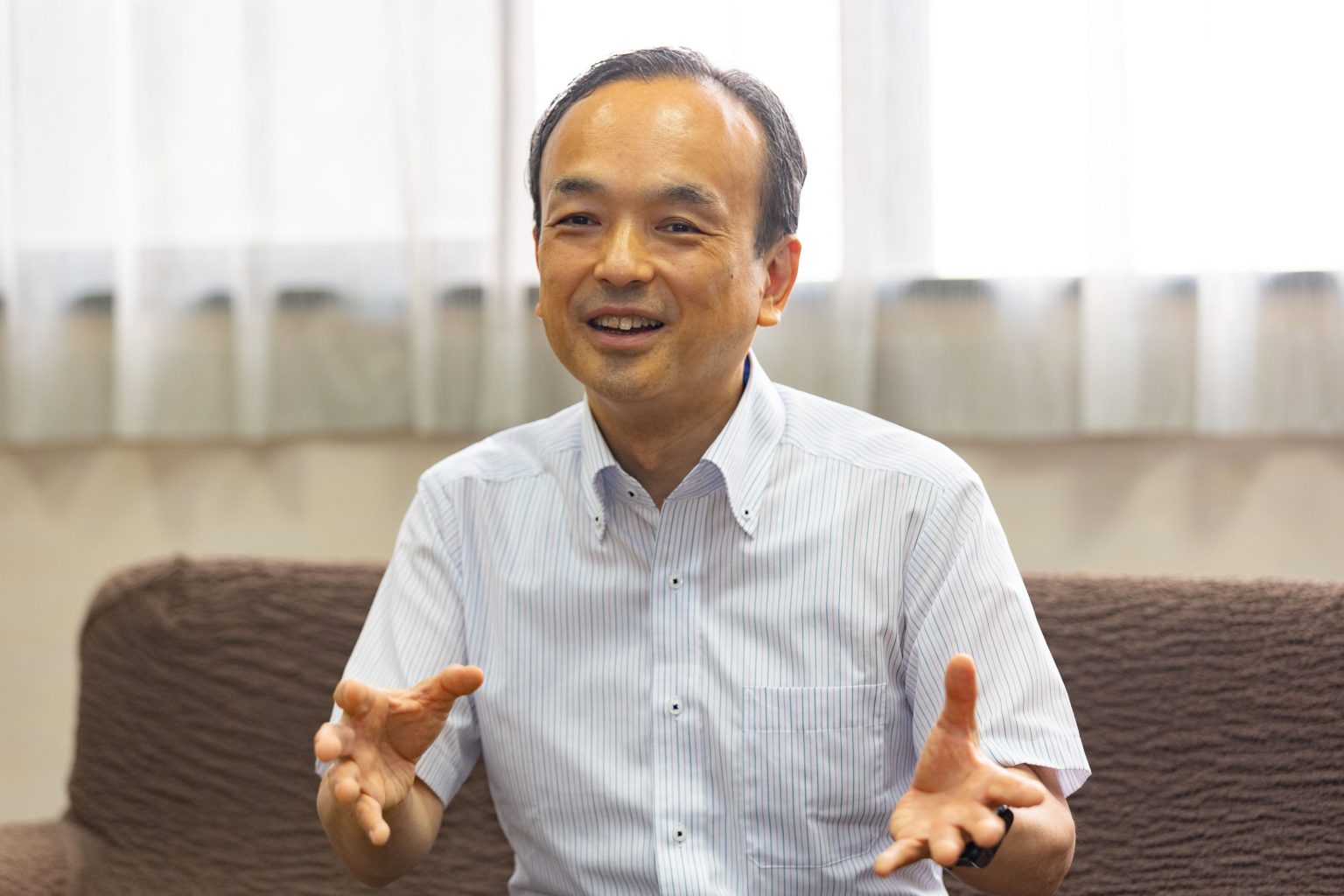
Professor Fujikawa, you are also the Principal at the Junior High School affiliated with the Faculty of Education, Chiba University. What special considerations do you emphasize in your operations?
In a nutshell, I aim for a school where democracy will be fully functional. That is, I want students and teachers to think independently about their school, and we do all we can to foster an environment where all related persons can make decisions and act accordingly.
Let’s consider when we sought to introduce a policy enabling all students to have their own computer tablet. To incorporate the ideas and opinions of teachers, we established a Student-led Information and Communications Technology (ICT) Committee. We enabled the students to determine for themselves the best ways to use these terminals. Our Vice-Principal, Professor Kenji Miyake, is playing a leadership role as we progress in our practical research on digital citizenship education.*
We believe that students should themselves have decision-making rights related to school operations and childhood education in general. In the same way, school operations are also a democratic pursuit, with me, as the principal, working closely with the teachers. It is important to foster an environment that secures students’ psychological safety and enables the free expression of ideas and opinions.
*Education that aims for a correct understanding of appropriate use of the Internet and digital devices, and which encourages teachers and students to take responsibility for using these tools in ethical ways to create a better society.
As a school affiliated with a national university, your Junior High is considered to be a “model school.” Professor Fujikawa, what do you think the roles of such a “model school” ought to be?
Our attention till date has almost exclusively been on holding progressive classes. Now, a model school needs to go beyond the narrow framework of just class contents and present its visions and plans on the best practices for schools in general. Consider the issue I discussed before. Can we truly be called a “model school” before we have answered the question and made related progress on determining “What is the best in-school system for achieving a successful and fruitful introduction of digital tablets?”
In addition to ICT-related matters, other areas where a model school has an important role to play are presenting solutions to problems such as bullying and workstyle reforms for teachers, as well as providing methods of resolving issues raised by other schools in the community. At our affiliated Junior High School, we have in place a full-scale Education Consultation Subcommittee System, one that can provide speedy, organization-based care for students, whatever be the issue. I share information about engagements and activities of the System at academic conferences and other outlets. We have received requests for tours from students at Professional Schools for Teacher Education and representatives from Boards of Education. Impressed with our organization, the Toride City Board of Education in Ibaraki Prefecture has incorporated a similar system. Our goal is that, whenever an issue occurs, we can immediately recognize it and implement timely and effective response measures for seamless school operation.
Finally, please tell us about your vision for education in the future.
I believe that there should be proactive use of the trends in technology development and more widespread availability of information communication technology. I also think we should have a society that is “open-minded,” where diversity is accepted, regardless of disability, linguistic difference, national or cultural differences, and so on. To do so, I myself am constantly thinking, learning, and performing what I have experienced and learned so far.
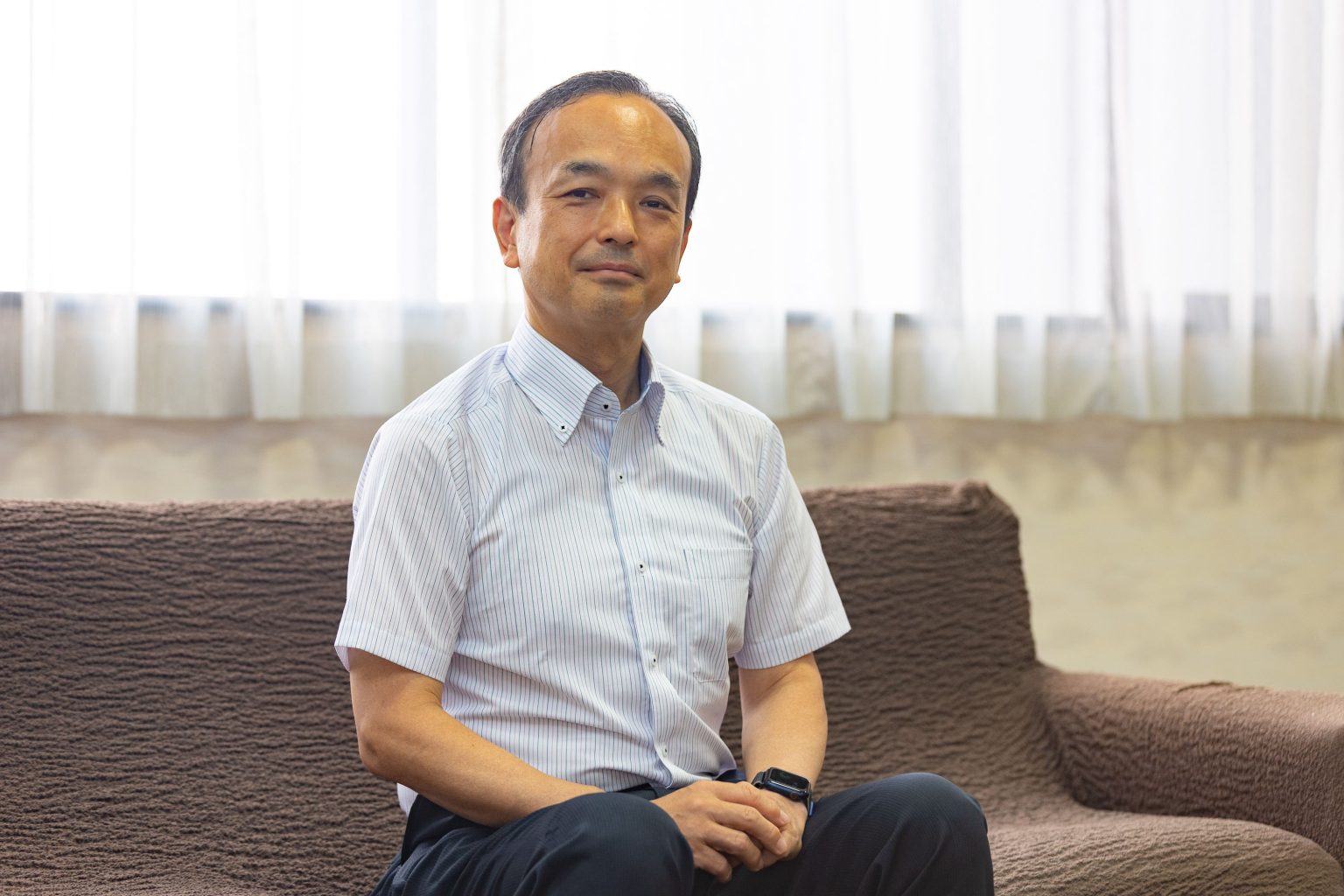
Series
Paving the Way for the Future of Children
Efforts to support the healthy growth of children are crucial. Our researchers confront the social issues surrounding modern children to protect “Children’s Present and Future.”
-
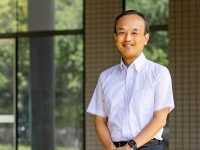
#1
2023.02.15
Children-centered support and school operations: On the occasion of the founding of the Children and Families Agency
-
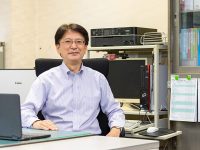
#2
2023.03.10
What is “Digital Citizenship” Education that lives in a future society?
-
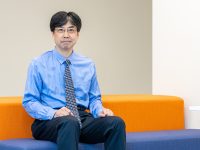
#3
2023.04.19
“Journey of the Brave,” a new cognitive behavioral therapy program: a solution for children’s anxiety
-
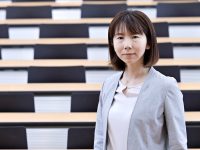
#4
2023.05.26
Examining Social Injustice of Modern Society through “Child Poverty”: Creating a Society Where Every Parent is Respected, and Every Child Thrives
-
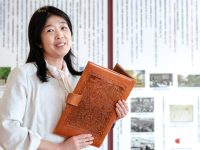
#5
2023.06.16
Fostering Inclusive Education for the Gifted and All: Unlocking Northern European Insights for Special Needs Learners
Recommend
-
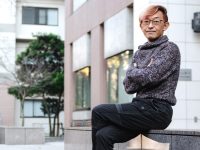
Cracking Error with Math: Error Correction in Classical and Quantum Computers
2024.09.02
-

“Journey of the Brave,” a new cognitive behavioral therapy program: a solution for children’s anxiety
2023.04.19
-
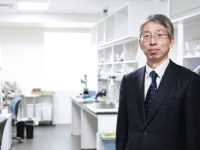
iPS-NKT Cell Therapy Paves the Way for Revolutionary Cancer Treatments: Bridging Basic Research with Practical Application
2024.11.01
